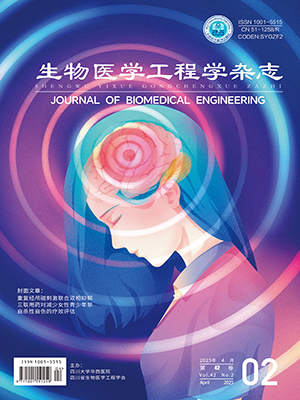Hepatocellular carcinoma (HCC) is the most common liver malignancy, where HCC segmentation and prediction of the degree of pathological differentiation are two important tasks in surgical treatment and prognosis evaluation. Existing methods usually solve these two problems independently without considering the correlation of the two tasks. In this paper, we propose a multi-task learning model that aims to accomplish the segmentation task and classification task simultaneously. The model consists of a segmentation subnet and a classification subnet. A multi-scale feature fusion method is proposed in the classification subnet to improve the classification accuracy, and a boundary-aware attention is designed in the segmentation subnet to solve the problem of tumor over-segmentation. A dynamic weighted average multi-task loss is used to make the model achieve optimal performance in both tasks simultaneously. The experimental results of this method on 295 HCC patients are superior to other multi-task learning methods, with a Dice similarity coefficient (Dice) of (83.9 ± 0.88)% on the segmentation task, while the average recall is (86.08 ± 0.83)% and an F1 score is (80.05 ± 1.7)% on the classification task. The results show that the multi-task learning method proposed in this paper can perform the classification task and segmentation task well at the same time, which can provide theoretical reference for clinical diagnosis and treatment of HCC patients.
Citation: WEN Han, ZHAO Ying, YANG Yong, WANG Hongkai, LIU Ailian, YAO Yu, FU Zhongliang. Hepatocellular carcinoma segmentation and pathological differentiation degree prediction method based on multi-task learning. Journal of Biomedical Engineering, 2023, 40(1): 60-69. doi: 10.7507/1001-5515.202208045 Copy
Copyright © the editorial department of Journal of Biomedical Engineering of West China Medical Publisher. All rights reserved
-
Previous Article
Fetal electrocardiogram signal extraction and analysis method combining fast independent component analysis algorithm and convolutional neural network YANGYuyao, HAO Jingyu, WU Shuicai -
Next Article
Multi-tissue segmentation model of whole slide image of pancreatic cancer based on multi task and attention mechanism GAOWei, JIANG Hui, JIAO Yiping, WANG Xiangxue, XU Jun




